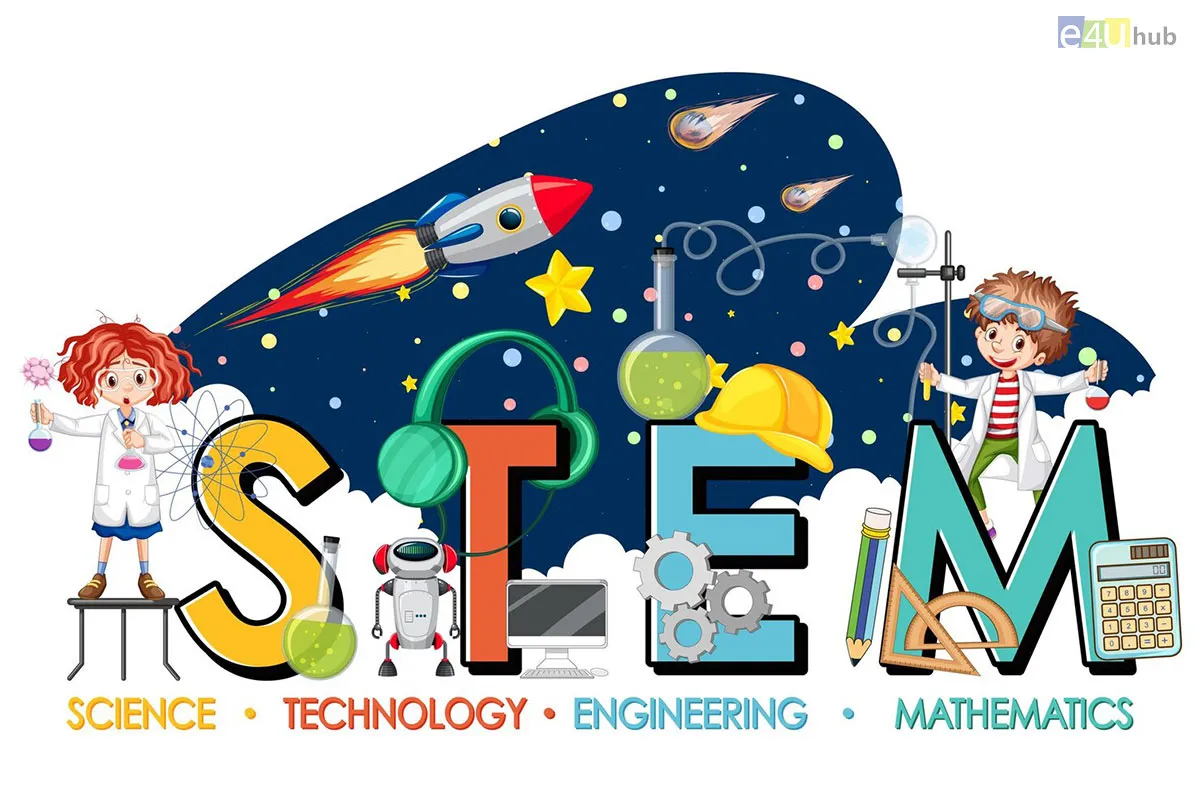
Building A Strong HR Compliance Culture In Your Organization In 2024
- 22 Jul, 2024
- Education
- 487 Views
- 0 Comments
In today's rapidly evolving business landscape, maintaining a strong HR compliance culture is more critical than ever. As we navigate through 2024, organizations must prioritize compliance to foster a positive work environment, minimize legal risks, and ensure sustainable growth. Here’s a comprehensive guide to building a robust HR compliance culture in your organization.
1. Leadership Commitment
The foundation of a strong compliance culture starts at the top. Leadership must demonstrate a steadfast commitment to compliance by prioritizing ethics, integrity, and adherence to regulations. This commitment should be evident in every decision and action taken by the leadership team, setting a powerful example for the entire organization.
2. Clear Policies and Procedures
Developing and communicating clear HR policies and procedures is essential. These policies should align with current laws and regulations, covering areas such as workplace safety, anti-discrimination, harassment, and data privacy. Ensure these documents are easily accessible to all employees, and regularly updated to reflect any changes in legislation.
3. Training and Education
Regular training and education are crucial in maintaining compliance. Employees at all levels should be educated about compliance requirements, ethical standards, and the consequences of non-compliance. Utilize a mix of training sessions, workshops, and online modules to keep the content engaging and informative. Ongoing education helps reinforce the importance of compliance and keeps everyone informed about their roles and responsibilities.
4. Monitoring and Auditing
Implementing regular audits and monitoring systems is vital to assess compliance levels within the organization. These systems help identify areas for improvement and ensure ongoing adherence to standards. Conducting internal and external audits can provide valuable insights into the effectiveness of your compliance programs and highlight any potential risks.
5. Accountability and Reporting
Establish mechanisms for employees to report concerns confidentially and without fear of retaliation. A robust reporting system encourages transparency and accountability within the organization. Ensure that all reported issues are promptly investigated and addressed. This not only helps in resolving problems quickly but also reinforces the organization's commitment to maintaining a compliant workplace.
6. Integration into Company Culture
Embedding compliance into your company’s values and culture is key to its success. Encourage open communication, transparency, and ethical behavior as integral parts of everyday operations. When compliance becomes a natural part of the organizational culture, employees are more likely to uphold these standards and contribute to a positive work environment.
7. Adaptation to Changing Regulations
The regulatory landscape is constantly evolving. Staying updated with new laws and regulations is essential for maintaining compliance. Organizations must be agile and adapt their policies and practices accordingly. Regularly reviewing and updating compliance programs ensures that your organization remains ahead of potential legal challenges and maintains a strong compliance posture.
8. Continuous Improvement
A strong HR compliance culture is not a one-time achievement but an ongoing process. Regularly review and update your compliance programs to address emerging risks and improve effectiveness over time. Solicit feedback from employees and stakeholders to identify areas for enhancement. Continuous improvement helps in building a resilient and adaptive compliance culture that can withstand future challenges.
9. Conclusion
Building a strong HR compliance culture in your organization in 2024 requires dedication, proactive measures, and a commitment to continuous improvement. By focusing on leadership commitment, clear policies, regular training, effective monitoring, and integrating compliance into the company culture, organizations can foster a workplace environment that prioritizes ethics, accountability, and sustainability. Embrace these principles to ensure your organization thrives in an ever-changing regulatory landscape.















Leave a Reply